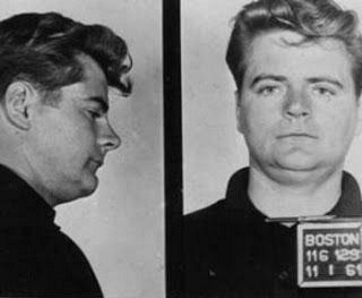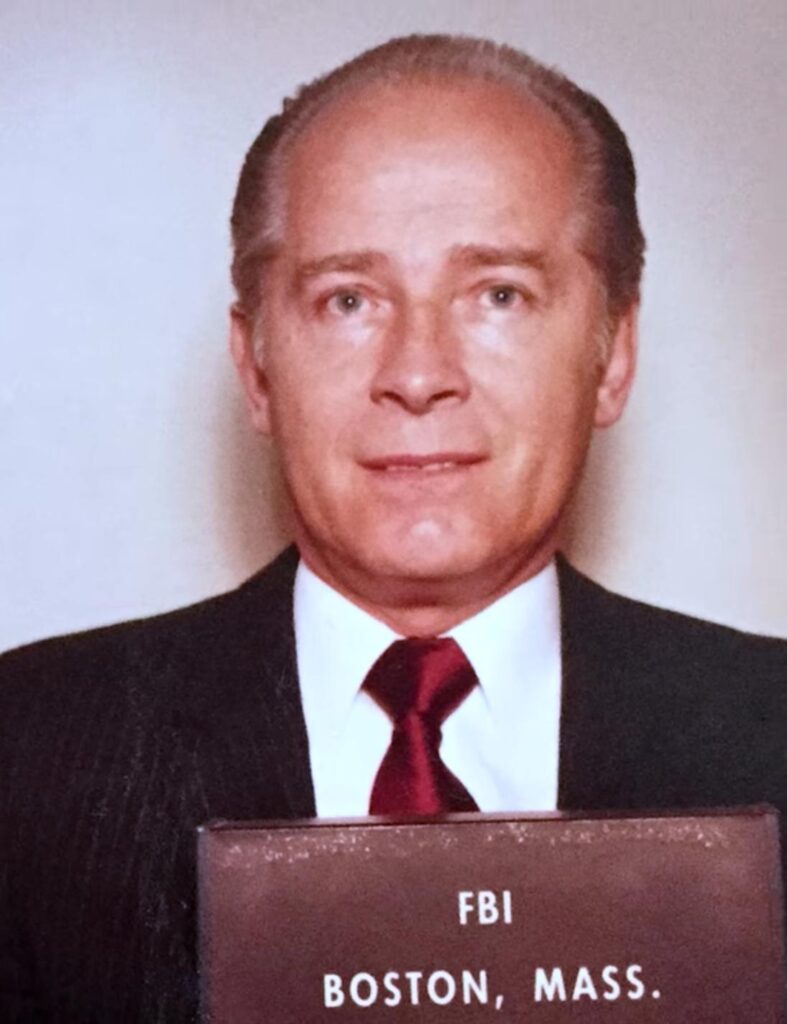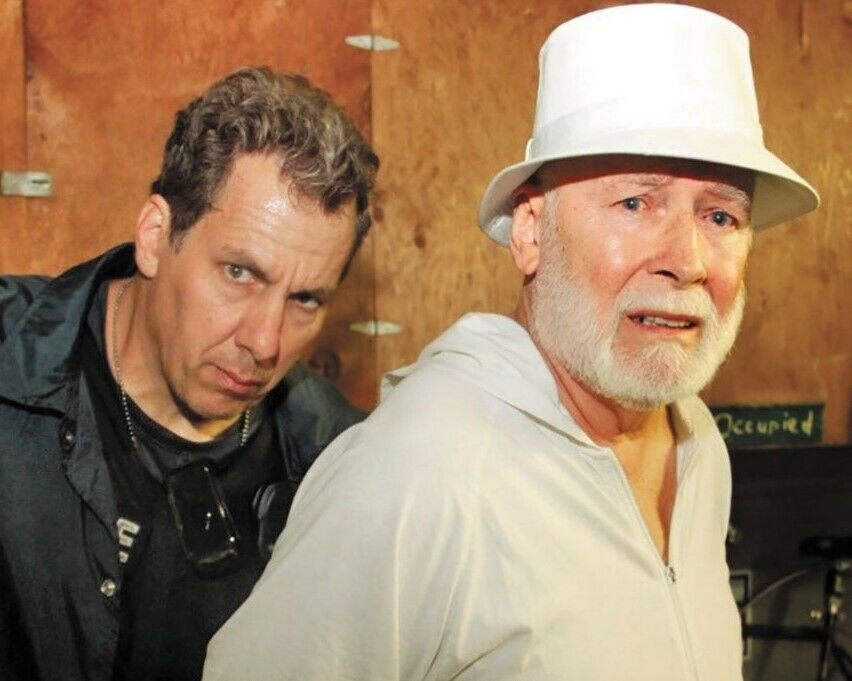The Winter Hill Gang was a known criminal organization from Somerville in Massachusetts that had a significant presence in Boston’s underworld from the mid-twentieth century to the late 1990s. Although commonly linked to the American mafia scene due to its origins and history in that community, the gang’s membership and activities actually represented a mix of different ethnic backgrounds, including Italian and other groups, alongside Irish individuals. The gang was known as Winter Hill due to its ties to the Somerville neighborhood and gained a reputation for engaging in severe criminal behavior during the reigns of figures such as Howie Winter and James “Whitey Bulger.”
Early Origins and Formation
The Winter Hill Gang was established in the 1950s by James “Buddy” McLean, a member of the American gangs prevalent in Boston at the time. The city was divided into factions vying for power in illicit activities like loan sharking and bookmaking.

McLean was a savvy leader who put together a strong team of enforcers and allies that turned the Winter Hill Gang into a major player in the area. Their headquarters in Somerville gave them an edge, being close to Boston and other important parts of Massachusetts. However, McLean’s leadership coincided with growing conflicts with gangs, like the McLaughlin Brothers, setting the stage for a brutal turf battle.
The Conflict Among Irish Gang Members in the 1960s
In the 1960s, the Irish Gang War commenced – a conflict involving the Winter Hill Gang led by McLean and the McLaughlin Brothers crime family hailing from Charlestown. This rivalry initially stemmed from an altercation within their ranks. Still, it swiftly spiraled into a succession of ruthless slayings and counterattacks that resulted in numerous fatalities throughout the subsequent years.
In 1965, during the conflict period, Buddy McLean was tragically killed, an incident that greatly impacted the Winter Hill Gang as a whole. The leadership torch was then passed on to Howard “Howie” Winter, a trusted friend of McLean. Under Winters’s guidance, the gang shifted towards a strategic and well-planned approach to their illicit activities. Howie Winter not only excelled in further escalating the feud with the McLaughlins but also in diversifying the gang’s criminal ventures into more complex areas, such as drug trafficking and large-scale illegal betting operations.
By the 1960s, the McLaughlin Brothers had suffered significant losses, paving the way for the rise of the Winter Hill Gang as the leading force in Boston’s criminal underworld.
The Era of Howie Winter Leadership
During Howie Winters’s leadership tenure of the Winter Hill Gang, he gained significant power. The gang’s influence grew beyond Somerville and Boston, reaching into New England and even parts of Canada. Winter was recognized for his intellect and brutal leadership style. He prioritized keeping order within his group while forging connections with various organized crime factions, such as the Italian Mafia.
During the winter season, as well as taking advantage of new markets like drug trafficking and illegal lending to individuals at high interest rates and gambling activities, the Winter Hill Gang grew into one of the most lucrative criminal organizations in the area. However, by the 1970s, authorities began to pay closer attention to their actions due to their increasing visibility, resulting in numerous key members being arrested and charged with crimes.
In 1979, Howie Winter and his fellow top associates were accused of tampering with horse races, which was a big hit to the gang’s leadership position. The scandal of fixing races included bribes to jockeys and manipulating outcomes at nearby tracks, which had brought in a lot of money for the gang. When Winter was imprisoned, the Winter Hill Gang had to find leadership.
The Rise of White Bulger

In the 1970s, James “Whitey” Bulger became the leader of the Winter Hill Gang, which had ties to the South Boston Irish mafia group. The gang activities underwent a change with Bulger in charge. He was known for his clever and ruthless tactics that kept him elusive from authorities for many years.
During Bulger’s time at the helm of the Winter Hill Gang in Boston, the group delved deeply into drug dealing, blackmail, and homicide activities. His harsh rule over the city was defined by a policy of secrecy among gang affiliates, culminating in severe repercussions for those who dared to break it. Bulger’s image as an unrelenting underworld figure was solidified by his direct participation in multiple killings and his adept maneuverings within both law enforcement circles and rival criminal factions.
Bulger’s leadership of the Winter Hill Gang was remarkable due to his role as an informant for the FBI. In an arrangement with agent John Connolly of the FBI’s corrupt ranks, Bulger gained protection by sharing intel with his underworld adversaries, especially the Italian American Patriarca crime syndicate. This partnership with the FBI not only helped Bulger wipe out the competition but also enabled him to thrive, granting him a significant advantage in Boston’s underworld scene.
The Decline of the Winter Hill Gang
In the 1990s, the influence of the Winter Hill Gang started to decline due to Bulger’s erratic actions and increased scrutiny from law enforcement authorities, causing divisions within their ranks. In 1994, Bulger was formally charged by the FBI with racketeering, distribution of substances, and numerous homicides. However, Bulger managed to evade capture as he knew about the charges thanks to his connections with the FBI. He then fled from Boston along with his girlfriend, Catherine Greig.
Bulger’s escape signaled the decline of the Winter Hill Gang’s power grip on the scene despite some lingering members active under reduced authority minus Bulger’s guidance. The FBI initiated a search for Bulger; however, he successfully dodged capture for 16 years by assuming different identities in different locations throughout the nation.
In 2001, White Bulger was apprehended in Santa Monica after being on the run for 16 years when he was 81 years old at the time of his detention, which marked an end to the saga of the Winter Hill Gang after his capture. Bulger was found guilty on 31 charges in 2013, which included 11 murder counts, and was handed a life sentence. He met his demise in 2018 at US Penitentiary Hazelton in West Virginia, where he was serving his sentence as a result of an assault by inmates.

The tale of the Winter Hill Gang and its key figures, including Whitey Bulger, have been celebrated in literature and cinema, like Black Mass, starring Johnny Depp as Bulger. The gangs enduring control over Boston’s underworld and Bulger’s transformation into a crime boss and FBI source are among the captivating and spine-chilling narratives in American organized crime history.
Final Thoughts
The Winter Hill Gang has a past marked by violence and internal conflicts, from its inception with Buddy McLean and Howie Winter to the notorious leadership of Whitey Bulger that gripped Boston’s criminal landscape with bloodshed and deception for years to come. They may not operate now, but the tales of their illicit activities still resonate in the city’s history, attracting fascination from those intrigued by America’s shadowed past.

